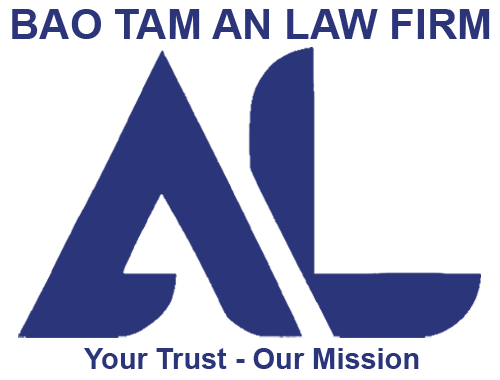Training contract
Vocational training is one of the important benefits that an enterprise can offer to the Employee. Of course, attached to this policy is the agreement between the enterprise and the employee. By law, these agreements must be in written form to clearly define rights and responsibilities. These written forms will bind both parties to their respective responsibilities.
According to Clause 62 regulated in Law on Labor 2019, a training contract will be signed when “the employee receives training to improve professional skills and techniques domestically or in foreign countries, the money for the training is paid by Employer, including the fees paid by employers’ partner”
Relevant legal documents
– Law on Labour 2019
– Decision 145/2020/NĐ-CP orient Law on Labour about labor conditions and relationships.
A training contract must have:
1. Training subject: This is the subject matter in which enterprises will train employees, for instance, professional improvement courses.
2. Location, time and salary during training time;
– Location can be at the company or training agency
– Training time can be flexible. It can include Sunday
– Salary during training time: according to clause 58 regulated in Decision 145/2020/NĐ-CP, the time utilized for a meeting, studying, and training requested by the employer or the time employees agree that are working hours and payable. Therefore, companies will have to pay salaries for employees during training time.
In the contract, salary payments and methods must be clearly stated.
3. Commitment to work after finishing training.
This is the responsibility and commitment of the employee. However, companies must clearly define the situation in which employees must resign (employees do not complete work frequently, employees are fired, employees provide wrong information that can affect recruitment…). Then, how can we commit to the work commitment?
4. Training fees and payment responsibility;
Training fees include fees that have legible receipts:
– Fees for teachers, training materials, school facilities, machines, equipment, practice equipment…
– Another assistant fee for students and salary, social insurance, health insurance, and unemployment insurance during training time.
-Transportation fees, living cost during training time (if Employee is trained in foreign countries)
There are two cases of employee reimbursement of Employee.
When employees do not finish the training course (for instance, do not attend all classes, fail the test, be forced to quit school)
Fail to Commit to work after finishing training
5. Employer’s responsibility: The majority of the responsibility is creating the best conditions for an employer to study, pay the intuition
6. Employee’s responsibility: most of the responsibility is related to the study ‘s performance: full attendance, on time, receiving the qualified result, commitment to work after training, and confidentiality (should any).
The training contract is an important document; this document distinguishes the rights and responsibilities of employees and employers in labor and training relationships. Therefore, enterprises need to be careful when drafting training contracts for each course and guarantee the appropriateness, accuracy, and constraining level of Employees when receiving training policies from enterprise
Should you have any questions, don’t hesitate to contact An Law Vietnam. Our law firm has professional lawyers who are experienced in consulting clients to build complete training policy, training contract; guarantee legal safety and legal rights for clients’ activity.
